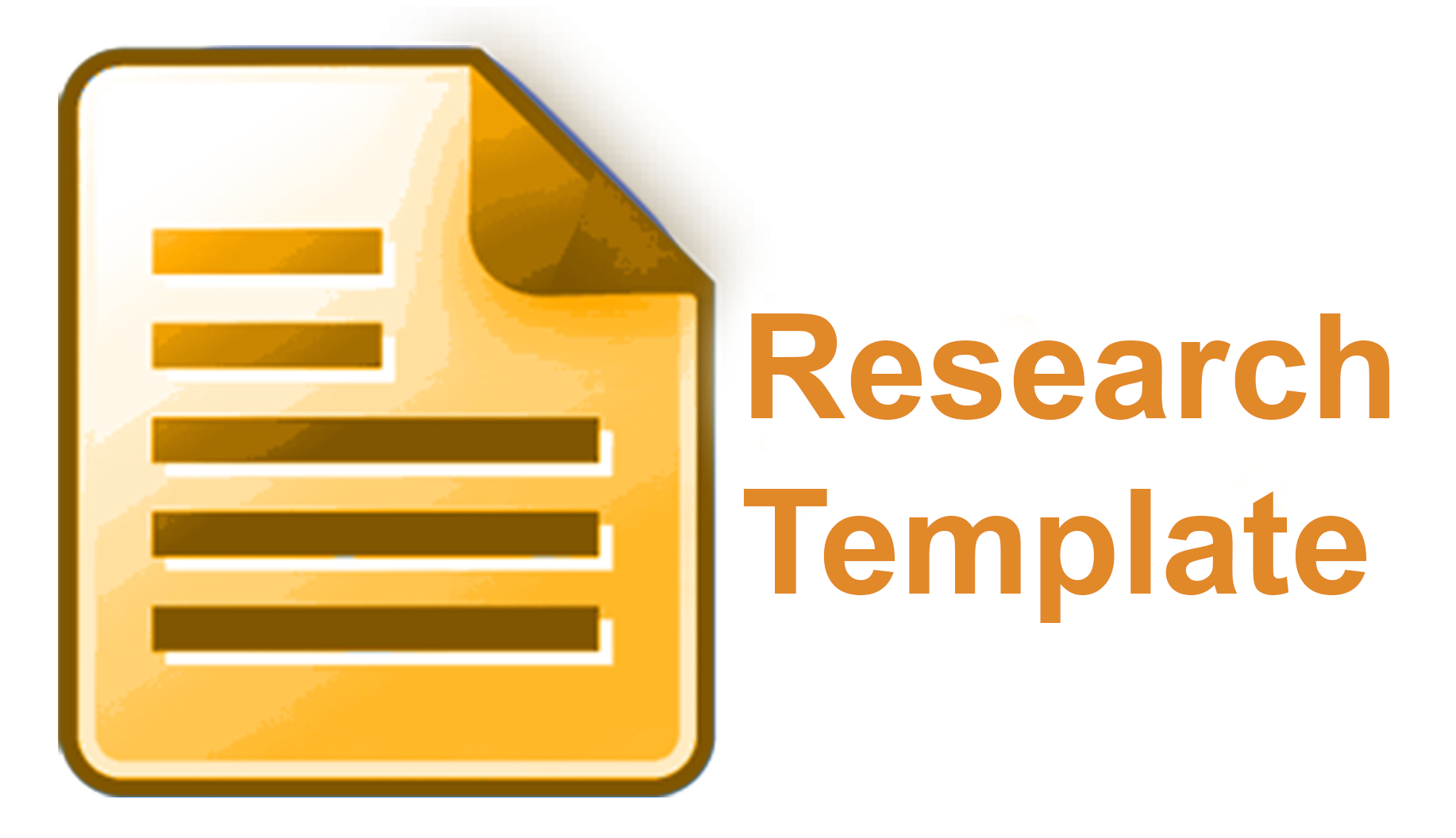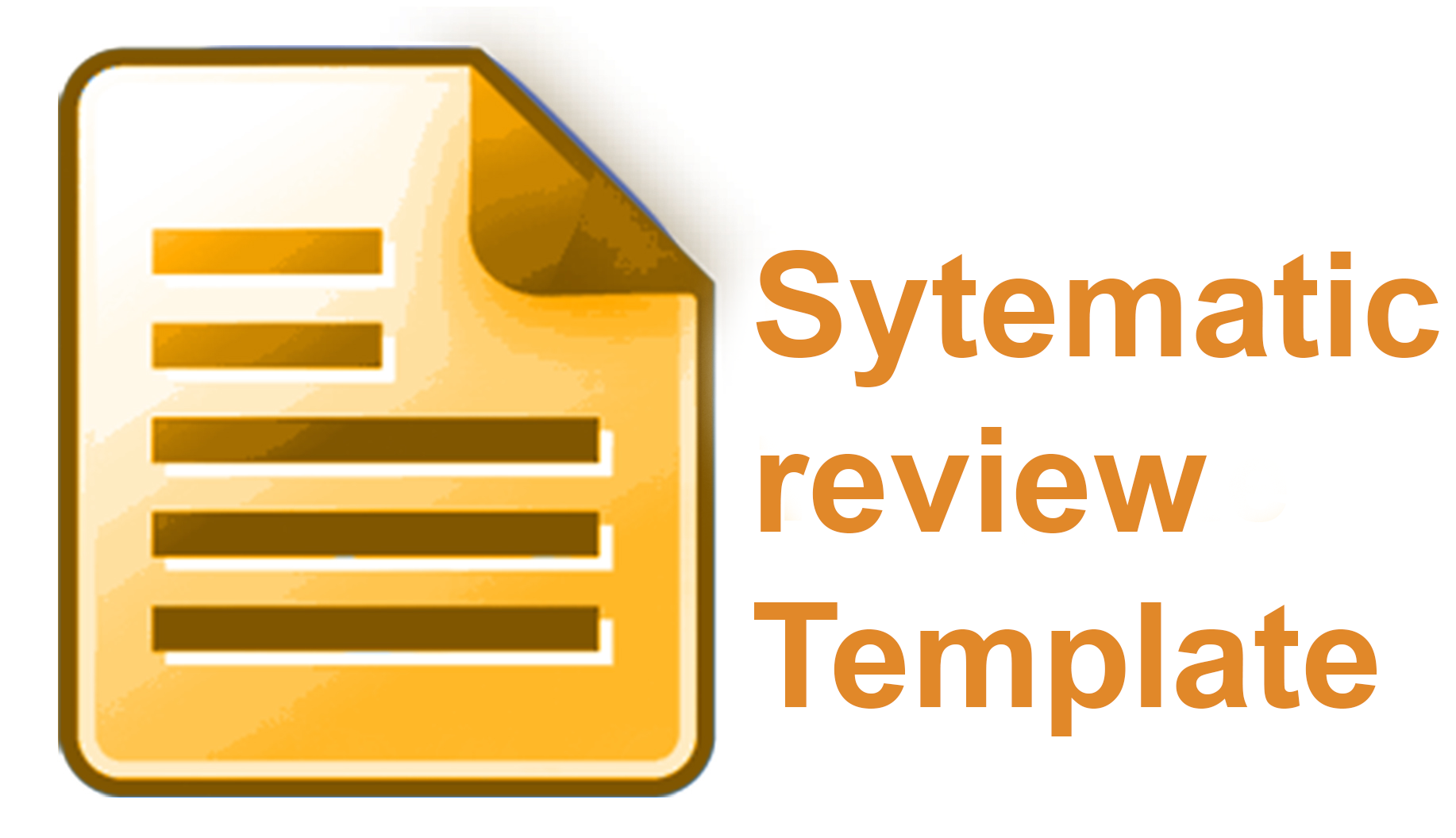Relationship between mother’s knowledge and behaviour with oral health status of early childhood
Abstract
Introduction: Early childhood period has a high caries risk that needs special attention from parents, especially the mothers, as their role models. Mothers’ knowledge and positive behaviour towards oral health care are essential in preventive dentistry since it is the crucial thing that can support the children’s oral hygiene. Purpose of study was aimed to analyse the relationship between the mother’s knowledge and behaviour regarding oral health with the early childhood oral health status. Methods: Type of study was a cross-sectional study with correlational research method. The material from this research were questionnaires and standard instruments for an oral examination. The study was conducted on 44 children of the early childhood period and their mothers, which was chosen as sample using a purposive sampling technique for respondents who met the inclusion criteria. The inclusion criteria were mothers who took up their children to the mother and children’s health centre, children in the early childhood period with complete deciduous teeth eruption, and willing to participate in the research. A Kendall’s-tau test was used for statistical analysis. Results: The results showed that the def-t index was 7.6 (very high) and there was a significant relationship between mother’s knowledge (p-value=0.0001) and behaviour (p-value=0.004) towards oral health status of the children (def-t index). The results also showed strong correlation coefficient to knowledge (τ = -0.643) and sufficient correlation coefficient to behaviour (τ = -0.415). Ironically, mothers with sufficient knowledge regarding the children’s oral health are not fully reflected in daily oral hygiene practice. The mean value of caries teeth in each child was seven teeth, mostly found in children with mothers with poor oral health knowledge and behaviour. Conclusion: There is a strong relationship between mother’s knowledge and oral health status of early childhood, while the mother’s behaviour and oral health status has a moderate relationship.
Keywords
Full Text:
PDFReferences
Sami A, Fatima K, Moin H, Bashir R, Ahmed J. Relationship of parental knowledge and attitude with oral health status of children in Karachi East. Br J Med Med Res. 2016; 14(9): 1-9. DOI: 10.9734/BJMMR/2016/24767
National Institute of Health Research and Development (NIHRD). Indonesia Basic Health Research (RISKESDAS) 2017-2018. Jakarta: Ministry of Health of the Republic of Indonesia; 2018.
Banda Aceh Public Health Office. 2014 Banda Aceh City Health Profile. Banda Aceh: Banda Aceh Public Health Office; 2014.
Abduljalil HS, Abuaffan AH. Knowledge and practice of mothers in relation to dental health preschool children. Adv Genet Eng. 2016; 5(2): 1-7. DOI: 10.4172/2169-0111.1000153
Priya MM, Kumar P, Saraswathi S. Assessment of parental oral health knowledge, attitude, and behavior. J Pharm Res. 2018; 12(1): 47-50.
Supriatna A, Fadillah RPN, Nawawi AP. Description of dental caries on mixed dentition stage of elementary school students in Cibeber Community Health Center. Padjadjaran J Dent. 2017; 29(3): 153-7. DOI: 10.24198/pjd.vol29no3.14303
Al-Darwish MS. Oral health knowledge, behavior and practices among school children in Qatar. Dent Res J (isfahan). 2016; 13(4): 342-53. DOI: 10.4103/1735-3327.187885
Afiati R, Adhani R, Ramadhani K, Diana S. Hubungan perilaku ibu tentang pemeliharaan kesehatan gigi dan mulut terhadap status karies gigi anak tinjauan berdasarkan pengetahuan, tingkat pendidikan, dan status sosial di TK ABA 1 Banjarmasin – Kajian di Puskesmas Kota Banjarmasin bulan September-Oktober 2014. Dentino J Ked Gi. 2017; 2(1): 56-62. DOI: 10.20527/dentino.v2i1.2601
New York State Department of Health. Oral Health Care during Pregnancy and Early Childhood Practice Guidelines. New York: New York State Department of Health; 2006. p.15.
Darby ML, Walsh MM. Dental Hygiene: Theory and Practice. 4th ed. London: Elsevier Health Science; 2015: p. 400-2.
Pollick H. The role of fluoride in the prevention of tooth decay. Pediatr Clin North Am. 2018; 65(5): 923-40. DOI: 10.1016/j.pcl.2018.05.014
American Academy of Pediatric Dentistry. The Reference Manual on Pediatric Dentistry - Fluoride Therapy. Chicago: American Academy of Pediatric Dentistry; 2018. p. 263.
Eddy FNE, Mutiara H. Peranan ibu dalam pemeliharaan gigi anak dengan status karies anak usia sekolah dasar. Med J Lampung Univ. 2015; 4(8): 1-6.
Enkhbold K. The prevalance of sereve early childhood caries and associated oral health knowledge and behaviors of caregivers in ulaanbaatar, Mongolia [thesis]. Seoul: Seoul National University; 2017. p. 32.
Tang RS, Huang ST, Chen HS, Hsiao SY, Hu HY, Chuang FH. The association between oral hygiene behavior and knowledge of caregivers of children with severe early childhood caries. J Dent Sci. 2014; 9(3): 277-82. DOI: 10.1016/j.jds.2013.02.025
Elison S, Norgate S, Dugdill L, Pine C. Maternally perceived barriers to and facilitators of establishing and maintaining tooth brushing routines with infants and preschoolers. Int J Environ Res Public Health. 2014; 11(7): 6808-26. DOI: 10.3390/ijerph110706808
Marshman Z, Ahern SM, McEachan RRC, Rogers HJ, Gray-Burrows KA, Day PF. Parents’ experi-ences of toothbrushing with children – A qualitative study. JDR Clin Trans Res. 2016; 1(2): 122–130. DOI: 10.1177/2380084416647727
DOI: https://doi.org/10.24198/pjd.vol32no2.24734
Refbacks
- There are currently no refbacks.
 All publications by the Universitas Padjadjaran [e-ISSN: 2549-6212, p-ISSN: 1979-0201] are licensed under a Creative Commons Attribution-ShareAlike 4.0 International License .
All publications by the Universitas Padjadjaran [e-ISSN: 2549-6212, p-ISSN: 1979-0201] are licensed under a Creative Commons Attribution-ShareAlike 4.0 International License .






.png)
